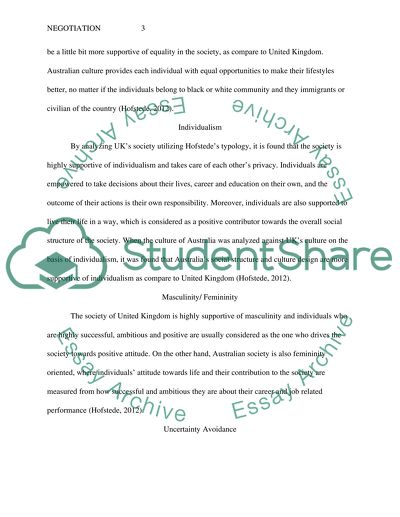Cite this document
(“Elect any two countries and using the academic literature examine the Essay”, n.d.)
Elect any two countries and using the academic literature examine the Essay. Retrieved from https://studentshare.org/human-resources/1496082-elect-any-two-countries-and-using-the-academic
Elect any two countries and using the academic literature examine the Essay. Retrieved from https://studentshare.org/human-resources/1496082-elect-any-two-countries-and-using-the-academic
(Elect Any Two Countries and Using the Academic Literature Examine the Essay)
Elect Any Two Countries and Using the Academic Literature Examine the Essay. https://studentshare.org/human-resources/1496082-elect-any-two-countries-and-using-the-academic.
Elect Any Two Countries and Using the Academic Literature Examine the Essay. https://studentshare.org/human-resources/1496082-elect-any-two-countries-and-using-the-academic.
“Elect Any Two Countries and Using the Academic Literature Examine the Essay”, n.d. https://studentshare.org/human-resources/1496082-elect-any-two-countries-and-using-the-academic.


